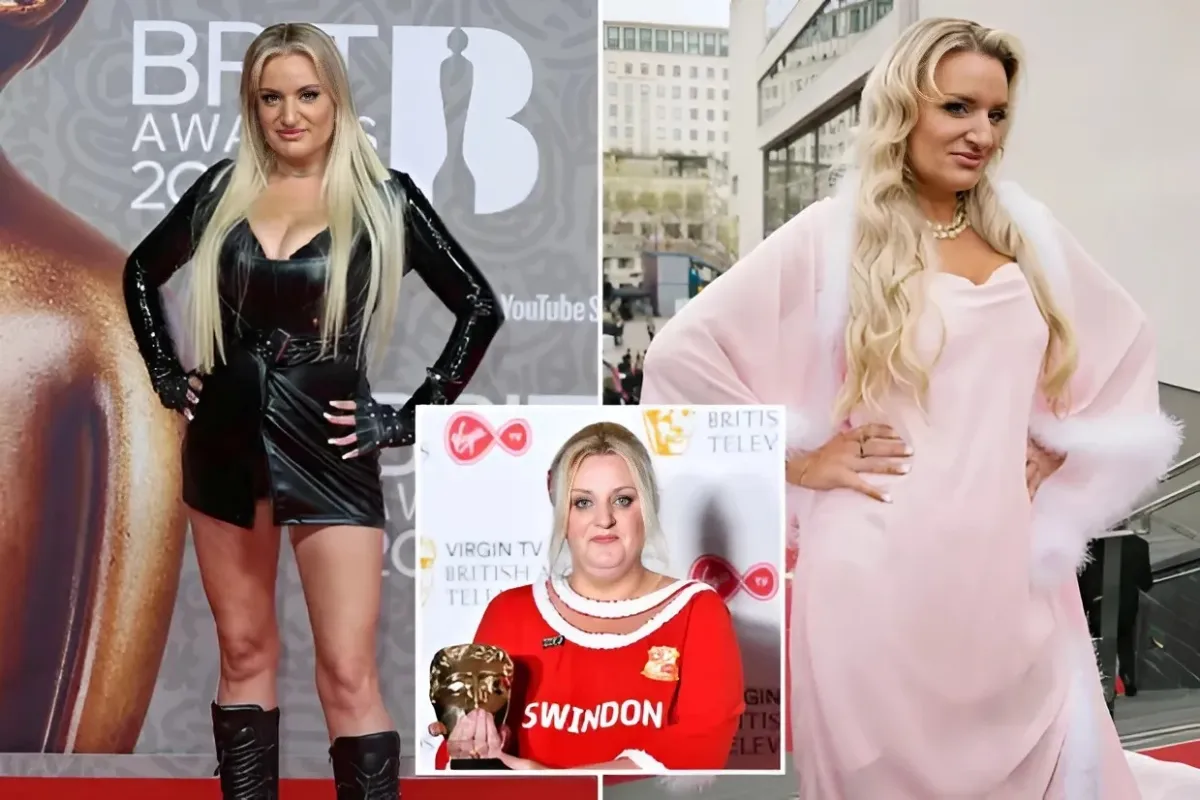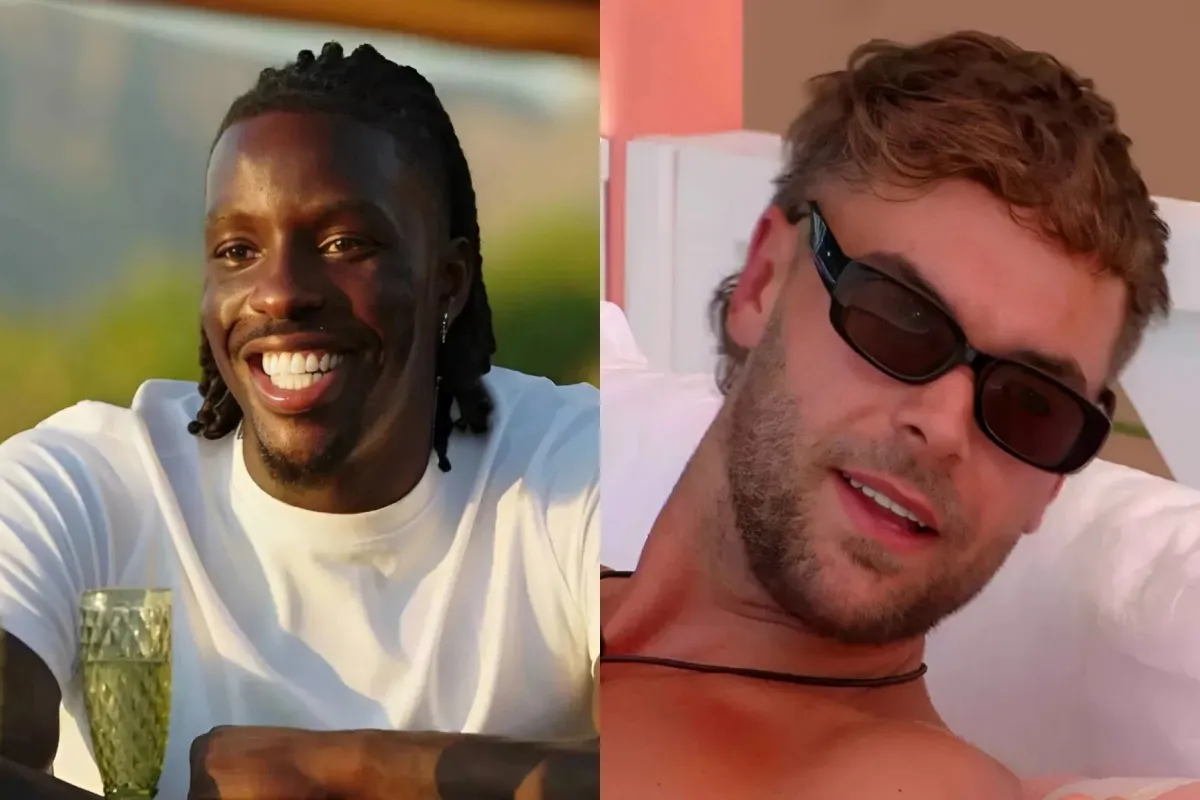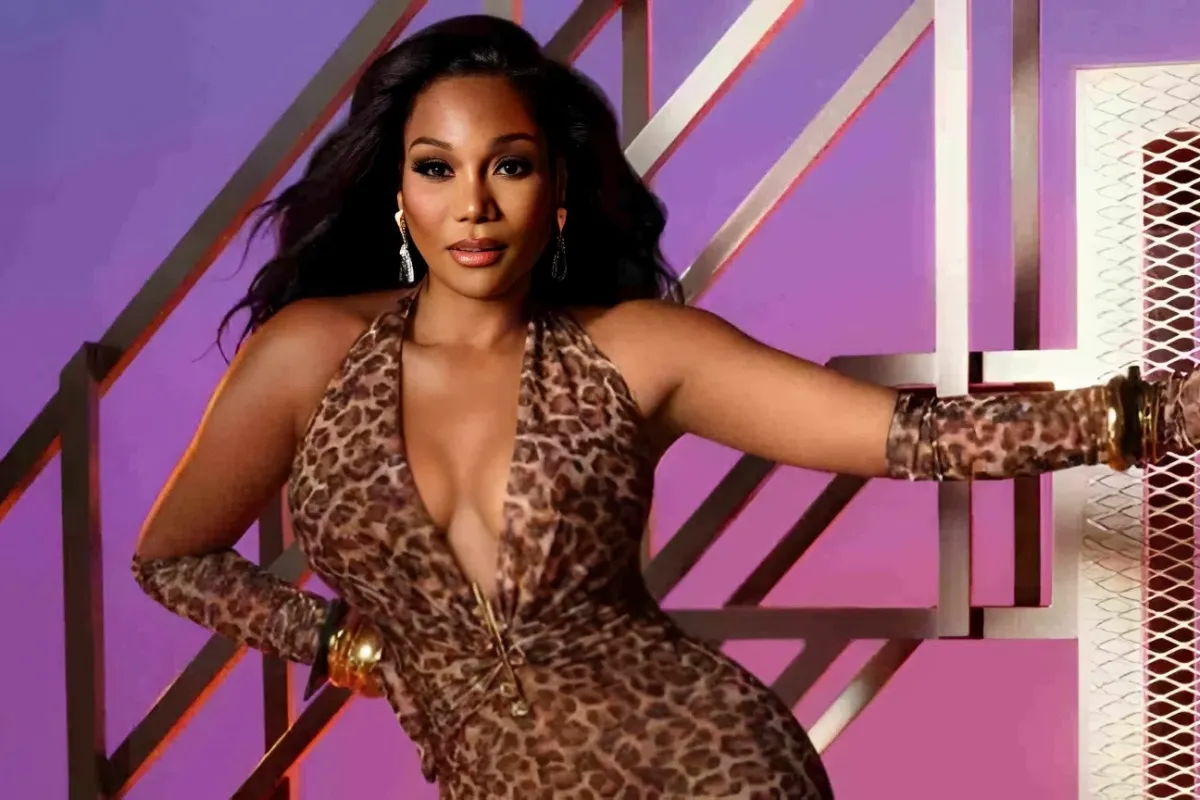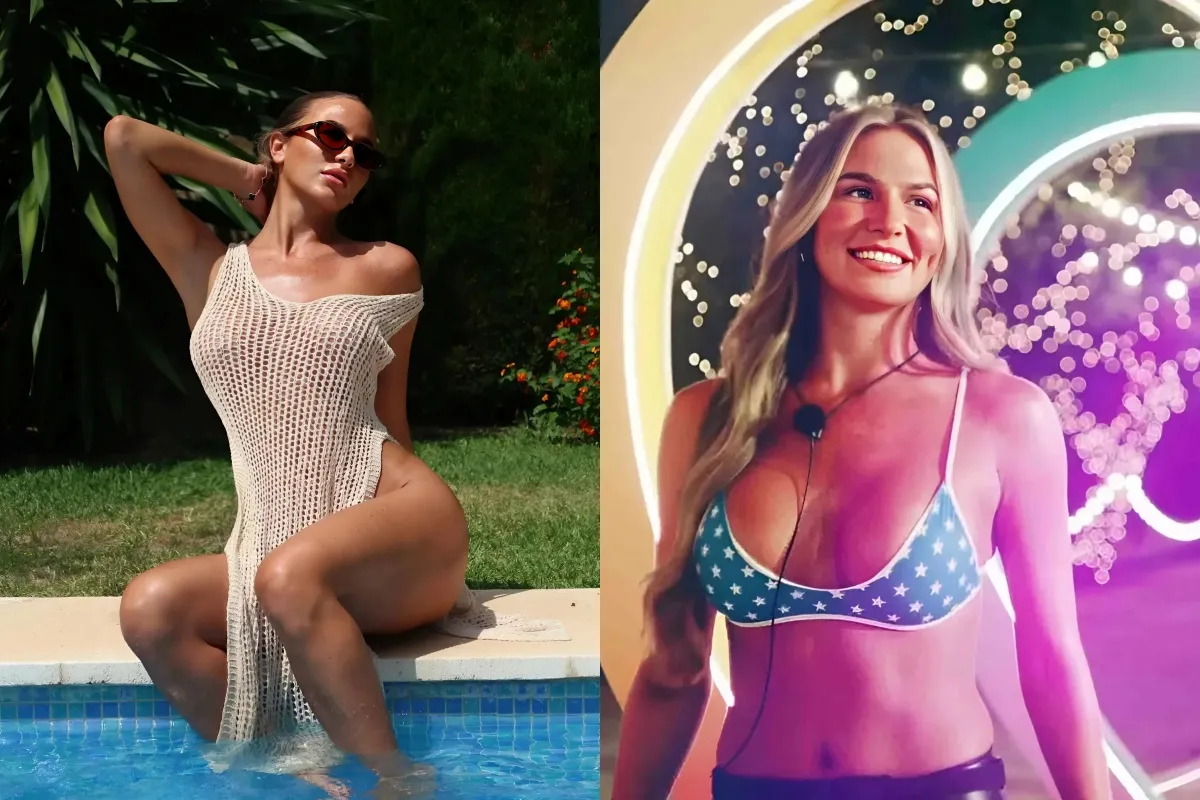"Winona Ryder Opens Up About Rejection, Sparks Debate on Staying Friends with an Ex"


Winona Ryder, the beloved Hollywood actress known for her iconic roles in Heathers, Beetlejuice, and Stranger Things, has recently been candid about her personal life in a way that fans rarely see. In a surprising revelation, Ryder shared a bittersweet story about falling in love with fellow actor Al Pacino while working together on the film Looking for Richard. However, her confession of love was met with a less-than-romantic response. “Oh, honey, no,” Pacino reportedly said. The awkward moment didn’t sever their bond, though; the two have remained friends ever since.
This revelation has sparked a lively debate online and among fans: can you truly stay friends with someone who rejected you romantically? The question has divided opinions, with perspectives ranging from graceful acceptance to complete emotional withdrawal.
For some, rejection can be a catalyst for growth and clarity. Relationship expert Judy Finnigan weighed in on the matter, emphasizing the importance of boundaries. “Rejection, while painful, can sometimes be a positive thing,” Judy noted. “At least it gives you a direct answer instead of leaving you in a limbo of ‘what ifs.’” She added that maintaining a friendship post-rejection is possible, but only if there’s enough value in the relationship beyond the romantic feelings. However, she advised limiting access to the person who rejected you, saying, “They need to know they’ve lost that part of you.”
Others, like Nadia Sawalha, admitted they would avoid putting themselves in a situation where rejection was even a possibility. “I don’t take emotional risks like that,” Nadia confessed. “I’d need to really know someone liked me before I’d ever make a move. My pride just wouldn’t let me handle rejection.” For her, the idea of staying friends with someone who turned her down is simply off the table.
Then there’s Colleen Nolan, who took a more humorous—and perhaps strategic—approach to the topic. “With all the men who’ve rejected me, I’m friends with all of them,” she admitted. “It’s probably gameplay, to be honest. The best revenge is being happy and showing them you’ve moved on.” Colleen even claimed that a majority of those who rejected her eventually came back, saying, “95% of them have returned, saying they made a mistake. But by then, I’m like, ‘Too late.’” Despite her lighthearted tone, Colleen’s comments highlight a deeper truth about the power of self-confidence and resilience.
Of course, not everyone handles rejection the same way. Some, like Kate Garraway, admitted they wouldn’t be able to bear the emotional sting. “My pride just couldn’t take it,” Kate said, echoing Nadia’s sentiments. For her, distancing herself completely would be the only option.
Winona Ryder’s story isn’t just a celebrity anecdote; it’s a reminder that rejection is a universal experience—one that can be both humbling and empowering. Her ability to maintain a friendship with Pacino despite his dismissive response speaks volumes about her maturity and emotional intelligence. It also raises an important question for all of us: when faced with rejection, do we choose to hold onto the connection, or do we let it go for the sake of self-preservation?
For many, the answer lies somewhere in between. As Judy wisely put it, boundaries are key. Whether you choose to remain friends or part ways, the most important thing is to prioritize your own emotional well-being. Rejection, as painful as it may be, doesn’t have to define us. In the end, it’s how we respond to it that truly matters.



